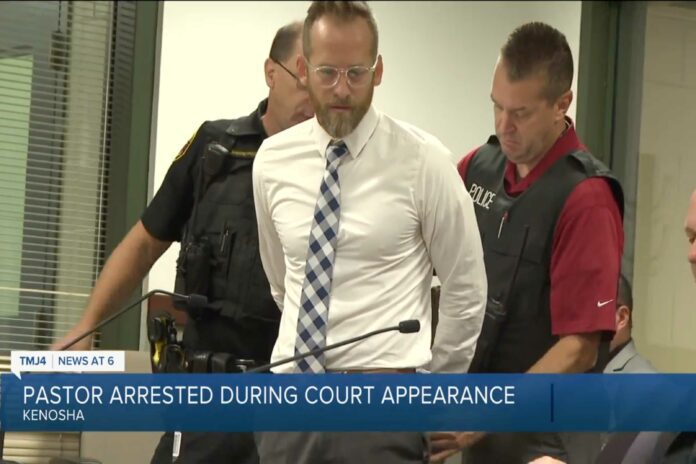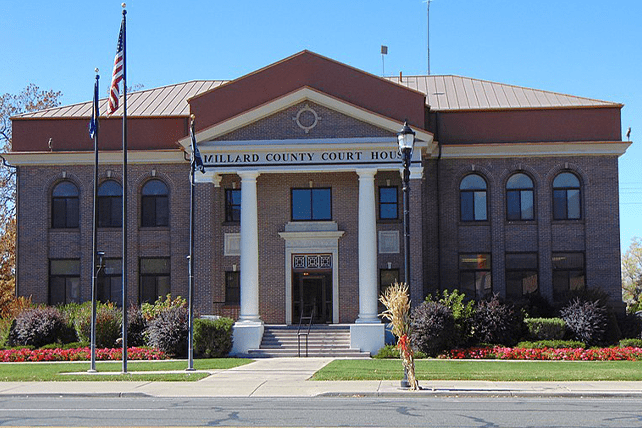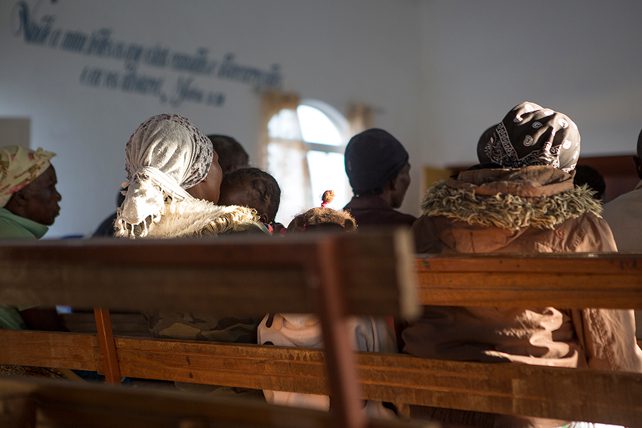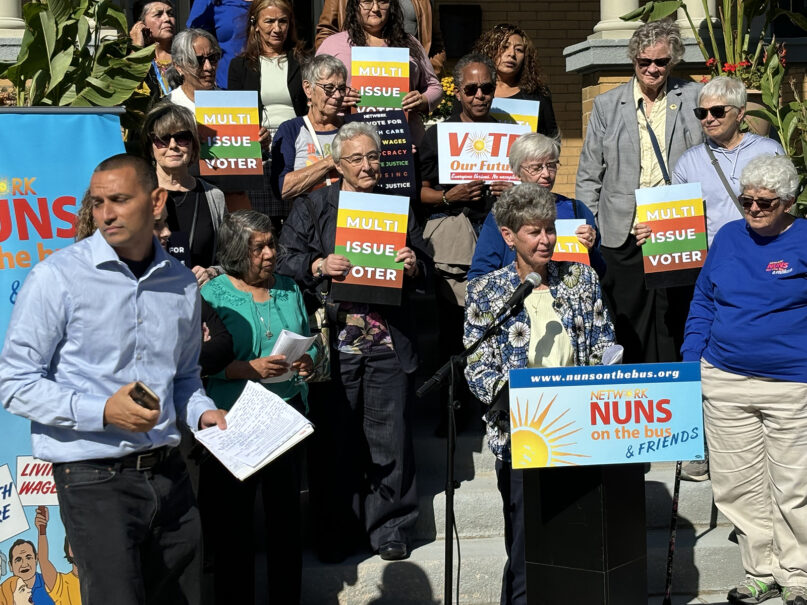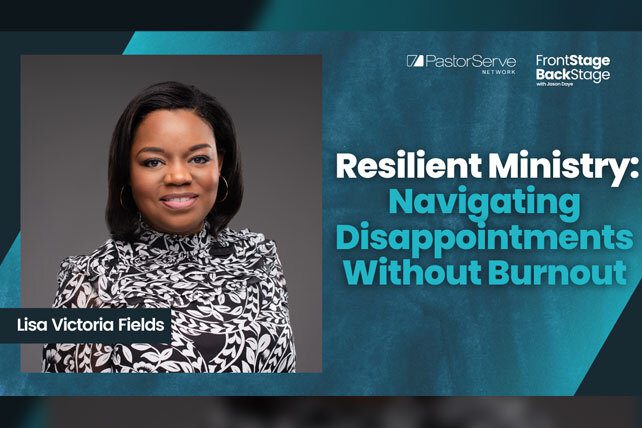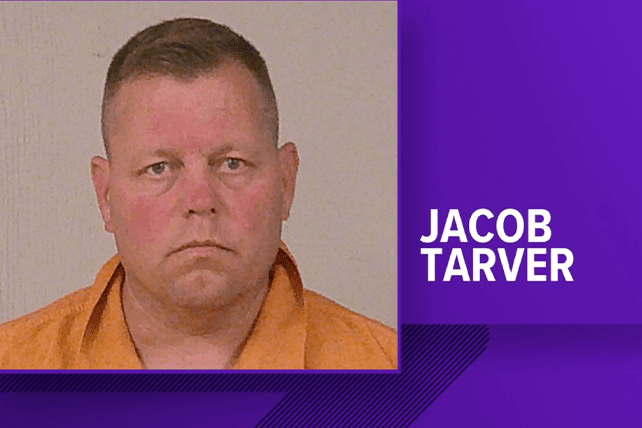 The concept of “suffering well” in the context of Neuroscience Informed Christian Counseling® (NICC) is deeply interwoven with insights from neuroscience, psychology, and spiritual teachings. It suggests an approach to life’s challenges that is not just about endurance but about finding meaning, connection, and growth in the midst of pain. This perspective is enriched by the works of Dr. Dan Siegel, Dr. Lisa Feldman Barrett, and Diana Fosha, alongside the principles of NICC.
The concept of “suffering well” in the context of Neuroscience Informed Christian Counseling® (NICC) is deeply interwoven with insights from neuroscience, psychology, and spiritual teachings. It suggests an approach to life’s challenges that is not just about endurance but about finding meaning, connection, and growth in the midst of pain. This perspective is enriched by the works of Dr. Dan Siegel, Dr. Lisa Feldman Barrett, and Diana Fosha, alongside the principles of NICC.
Integration of Neuroscience and Emotional Processing
Dr. Dan Siegel’s notion of “mindsight” and neural integration provides a foundation for understanding how individuals can navigate emotional pain while maintaining connections with God and others. Mindsight offers the ability to perceive and respond to our own internal states and those of others with empathy, fostering a sense of connectedness even in suffering. Neural integration, a key to well-being, enables flexibility in handling emotional distress, ensuring that we do not become overwhelmed by our pain but can engage with it in a transformative way.
Dr. Lisa Feldman Barrett’s theory of constructed emotions further illuminates this process. By recognizing that our emotions are constructed by our brains as interpretations of our experiences, we grasp that we have significant control over our emotional responses. This insight empowers us to reframe our experiences of suffering, finding God’s presence and grace even in our darkest moments.
Diana Fosha’s Accelerated Experiential Dynamic Psychotherapy (AEDP) emphasizes the healing potential of deeply felt emotional experiences within secure relationships. This aligns with the NICC’s emphasis on the therapeutic alliance and the spiritual connection between the counselor, the participant, and God, as a basis for navigating through suffering.
Drawing on these theories, the concept of feeling, dealing, and remaining relationally connected can be understood as a dynamic process that involves:
Feeling
This is embracing and experiencing difficult emotions fully, without resorting to defense mechanisms that distance us from our feelings. This requires mindfulness and self-awareness to recognize and accept our emotional states.
Dealing
This is regulating our emotional responses through dyadic co-regulation with an other and strategies such as cognitive reappraisal, mindfulness practices, and leveraging our understanding of how emotions are constructed. This enables us to navigate our emotional experiences in a way that is coherent and adaptive, rather than being controlled by them.
Remaining Relationally Connected
This is utilizing our capacity for empathy, understanding, and communication to maintain and deepen our connections with others, even when we or they are experiencing difficult emotions. This involves expressing our emotions in a way that is authentic and conducive to mutual understanding, as well as being receptive to the emotional experiences of others.
NICC: A Synthesis for Suffering Well
NICC stands out by synthesizing these psychological insights with Christian theological perspectives, offering a comprehensive framework for “suffering well.” It views suffering not just as an inevitable part of life but as an opportunity for deepening one’s relationship with God, self, and others. This process is supported by a secure therapeutic alliance, where the therapist and participant engage in a journey of understanding and transforming pain through the lens of faith.


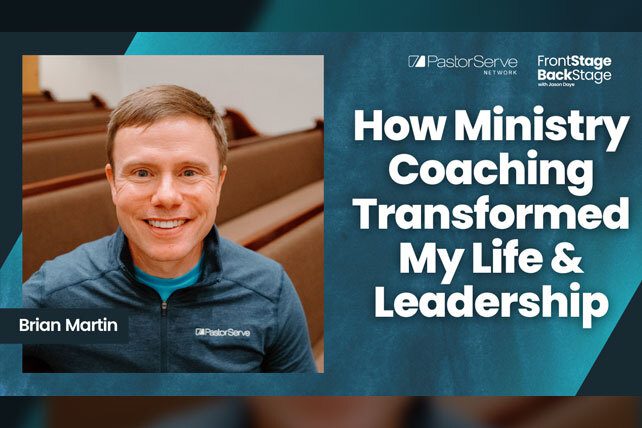
 How can ministry coaching help you be even more effective in living out God’s purpose for your life in serving his Kingdom? In this week’s conversation on FrontStage BackStage, host Jason Daye is joined by Brian Martin. Brian is the chief operating officer at PastorServe. Prior to joining the PastorServe team, Brian was a NASCAR chaplain for the Joe Gibbs Racing team. He also served as a chaplain in the U.S. Air Force. In addition, Brian was a solo pastor and an executive pastor. Together, Brian and Jason explore the many benefits of ministry coaching for your life. Brian shares from his own experiences how ministry coaching helped him understand more fully what God was doing in his life and what God desired to do through his life in ministry.
How can ministry coaching help you be even more effective in living out God’s purpose for your life in serving his Kingdom? In this week’s conversation on FrontStage BackStage, host Jason Daye is joined by Brian Martin. Brian is the chief operating officer at PastorServe. Prior to joining the PastorServe team, Brian was a NASCAR chaplain for the Joe Gibbs Racing team. He also served as a chaplain in the U.S. Air Force. In addition, Brian was a solo pastor and an executive pastor. Together, Brian and Jason explore the many benefits of ministry coaching for your life. Brian shares from his own experiences how ministry coaching helped him understand more fully what God was doing in his life and what God desired to do through his life in ministry.
 Picture this: It’s a summer evening, and you’re sitting near a campfire with friends.
Picture this: It’s a summer evening, and you’re sitting near a campfire with friends. 